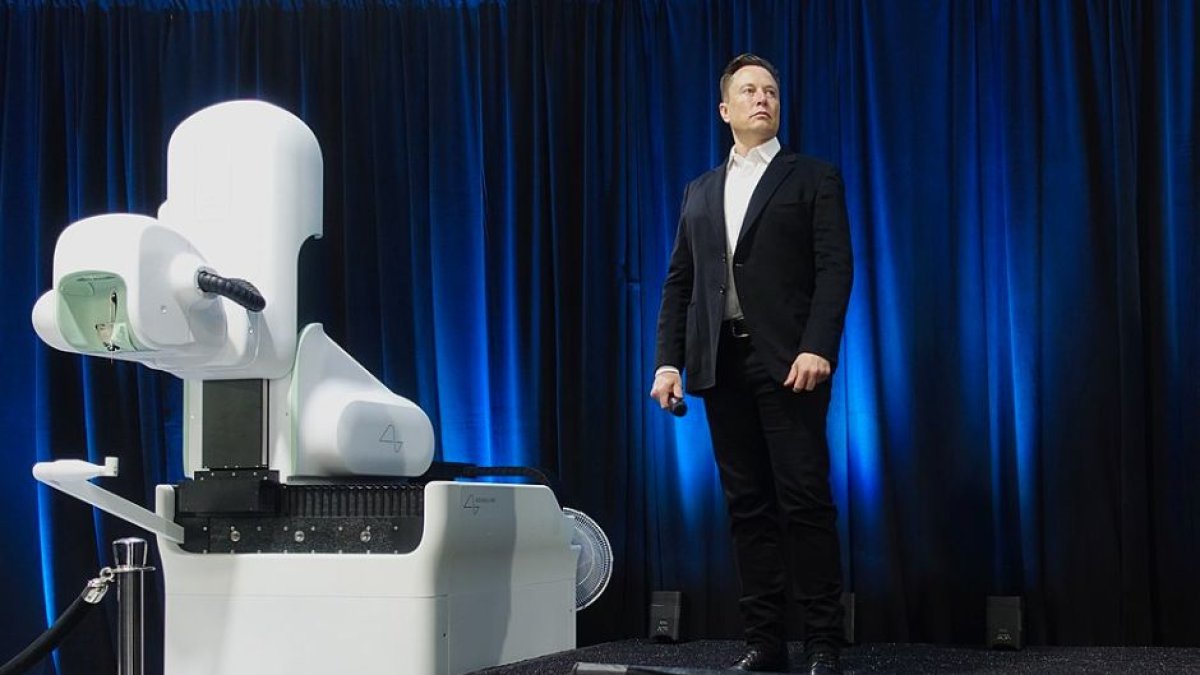Transhumanism: Neuralink gets FDA approval to start brain implant trials in humans
Elon Musk's project overcomes a new obstacle despite concerns.

(Steve Jurvetson/Flickr)
The company Neuralink, owned by billionaire Elon Musk, announced Thursday that it received approval from the Food and Drug Administration (FDA) to conduct human clinical studies of its brain implants.
Late last year, Elon Musk shared a tweet announcing that Neuralink was ready to perform brain implants in humans within six months. At the time, the FDA was concerned about the implant possibly overheating (which includes microwires in the brain tissue). After resolving these issues, Musk congratulated the Neuralink team on its FDA approval.
So far, brain implants have been developed from the brain to the outside (a computer processes the brain signals), but Neuralink's project aims to be able to transfer information in the other direction as well, from the outside into the brain. In this regard, Neuralink is developing two types of implants, one to restore vision and the other to restore basic bodily functions in people who are paralyzed from spinal cord damage.
Transhumanism: Neuralink project criticism
According to information from Neuralink, it is expected that people will be able to control the movement of a keyboard, mouse or phone by thought alone. The company pointed out the medical possibilities of this advance. However, many believe that this intrusion into the brains of human beings can have unforeseeable consequences, from possible side effects to mind control.
This is not the only controversial aspect of the project. The FDA approval comes just after lawmakers urged regulators earlier this month to investigate whether Neuralink's animal testing resulted in rushed and dangerous experiments. Last December, the USDA Inspector General was investigating, at the request of a federal prosecutor, possible violations of the Animal Welfare Act, which regulates the treatment and testing of certain types of animals.

























